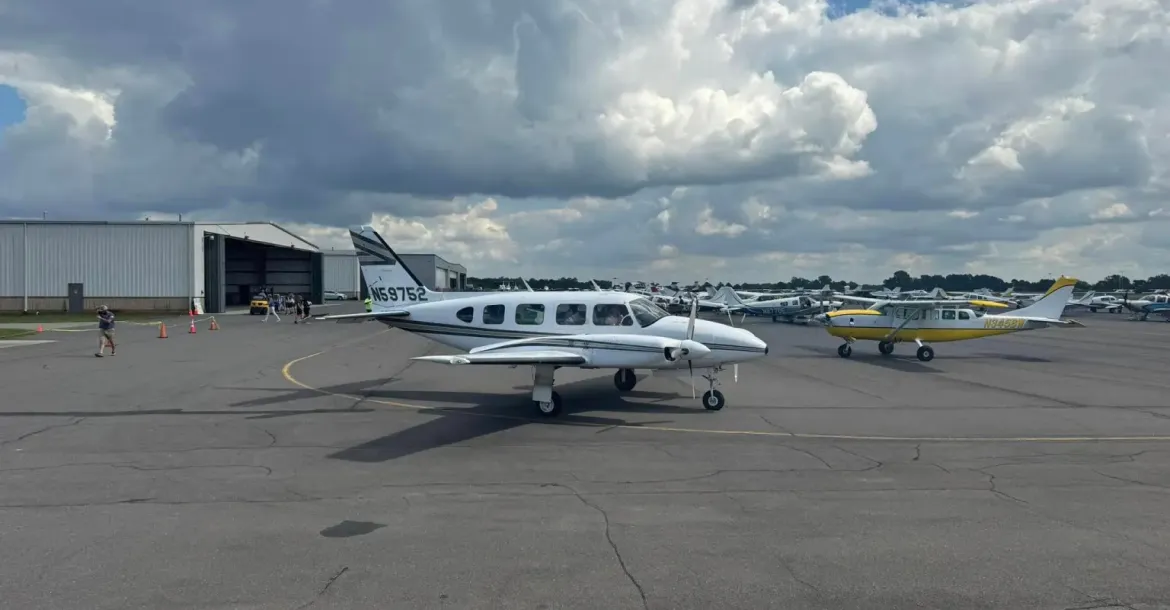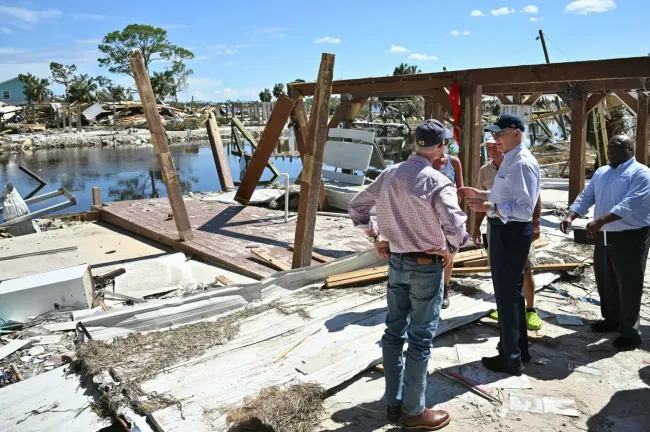FEMA Fumbles as Desperate North Carolinians Turn to DIY Rescues: Grassroots Heroes, Private Pilots, and Mules Step In to Save Lives Amid Helene Devastation!
As FEMA falters under financial strain and bureaucratic delays, ordinary citizens in Western North Carolina have taken the lead in rescuing their neighbors from the devastation left by Hurricane Helene. With nearly 100 confirmed fatalities and hundreds still missing, grassroots rescue efforts have mobilized rapidly, far outpacing the federal response.
In the aftermath of Helene, the mountainous region of Western North Carolina has been cut off from critical resources due to collapsed roads, landslides, and destroyed communication networks. While FEMA has struggled to gain a foothold, volunteers have swiftly transformed small airports like Statesville and Hickory into lifelines. These airports, originally designed for local air traffic, have been repurposed into hubs where supplies like food, water, medicine, and fuel are collected and airlifted to hard-hit areas. Private pilots, many flying their own small aircraft, have stepped in to deliver these critical supplies to communities that FEMA has been unable to reach.
The scale of this grassroots effort is staggering. Small planes constantly buzz overhead, delivering life-saving supplies to isolated towns and villages where roads remain impassable. The skies above Western North Carolina, which might have been empty if left to the official response, are now filled with volunteer aircrafts conducting multiple daily flights to deliver emergency goods.
Beyond the air, efforts on the ground have been equally heroic. In areas where planes cannot land, volunteers have turned to more unconventional means—mules. The Mountain Mule Packer Ranch has been sending teams of mules loaded with supplies through treacherous and impassable terrain. These pack animals are navigating rough trails, bringing food, medical supplies, and other necessities to people who would otherwise be completely cut off. This old-fashioned method highlights the desperation of the situation and how deeply the federal response has lagged behind.
The rise of social media as a tool for mobilization has also been pivotal. Garrett Mitchell, a YouTuber and pilot, became a symbol of this decentralized rescue effort when he responded to a mother’s desperate Facebook post pleading for help. Her baby was running out of formula, and an elderly woman in the same household was dependent on oxygen. Mitchell quickly flew into the remote area, rescued the family, and brought them to safety. This act, fueled by social media, shows how modern technology is allowing citizens to coordinate faster and more effectively than FEMA has been able to manage.
With over 108 confirmed deaths in North Carolina alone and 600 people still unaccounted for, Hurricane Helene is now one of the deadliest storms to hit the U.S. mainland in decades. Despite the mounting death toll, the federal government’s response has been shockingly slow, raising concerns about FEMA’s ability to manage large-scale natural disasters in the future. Questions are swirling about how such an agency, tasked with saving lives in emergencies, could be so overwhelmed while volunteers armed with planes, mules, and social media are leading the charge.
As the storm’s destruction continues to unfold, one thing is clear: without the quick actions of these grassroots volunteers, the situation in Western North Carolina would be even more catastrophic. These unsung heroes are saving lives every day while FEMA struggles to keep up with the scale of the disaster.

